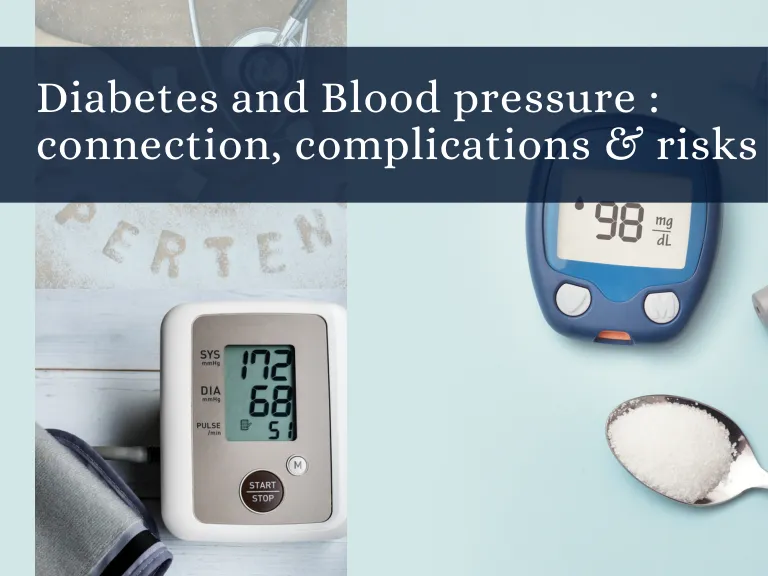GENERAL HEALTH
-
 Nalamaree Team
Nalamaree Team
- 26 August 2025
Drink at least 2–3 liters of water daily
Staying hydrated helps regulate body temperature, keeps joints lubricated, prevents infections, and supports organ function. Dehydration can lead to fatigue, confusion, and kidney issues.
Walking 30 minutes a day
Regular walking reduces the risk of cardiovascular disease, lowers blood pressure, improves mood, and boosts metabolism. WHO recommends 150 minutes of moderate activity per week.
Lack of sleep (under 6 hours) regularly increases your risk
Chronic sleep deprivation is linked to obesity, diabetes, stroke, and cognitive decline. Sleep allows the body to repair and regulate vital hormones.
Brushing twice a day and flossing
Oral hygiene prevents gum disease, tooth decay, and even systemic issues like heart disease due to reduced inflammation and bacterial load.
BMI is not the only measure of health
BMI doesn’t account for muscle mass, fat distribution, or metabolic health. Waist circumference and lab values provide a fuller picture.
Consuming too much salt (>5g/day)
High salt intake is associated with elevated blood pressure and heart disease risk. WHO advises keeping sodium intake low.
Skipping breakfast regularly
Skipping breakfast may impair focus, lead to overeating later, and disrupt insulin sensitivity. A balanced morning meal improves metabolism.
Stretching before and after workouts
Stretching increases flexibility, blood flow to muscles, and reduces injury risk. It also aids in muscle recovery post-exercise.
Uncontrolled stress raises cortisol
Elevated cortisol can impair sleep, increase appetite, elevate blood sugar, and suppress immunity. Stress management is essential.
Sitting for long periods increases disease risk
Even with exercise, prolonged sitting raises risk of heart disease and metabolic syndrome. Movement breaks are recommended every hour.

.jpg)











